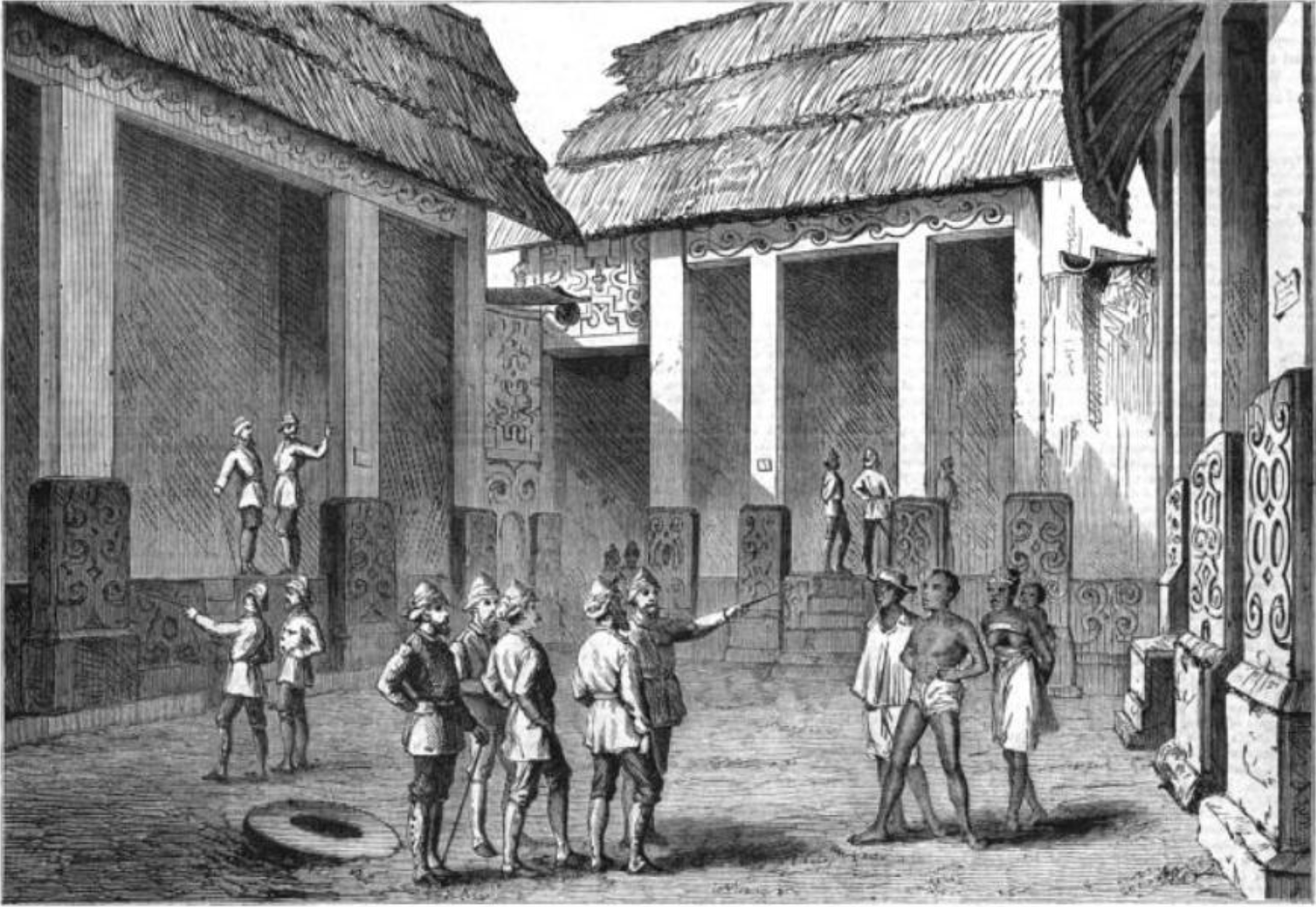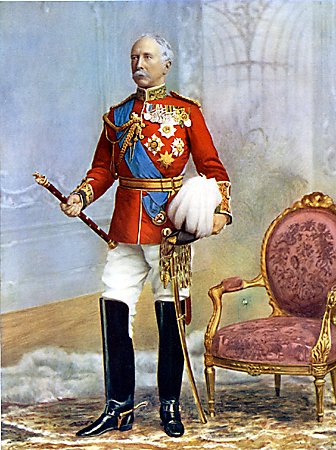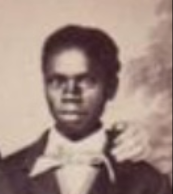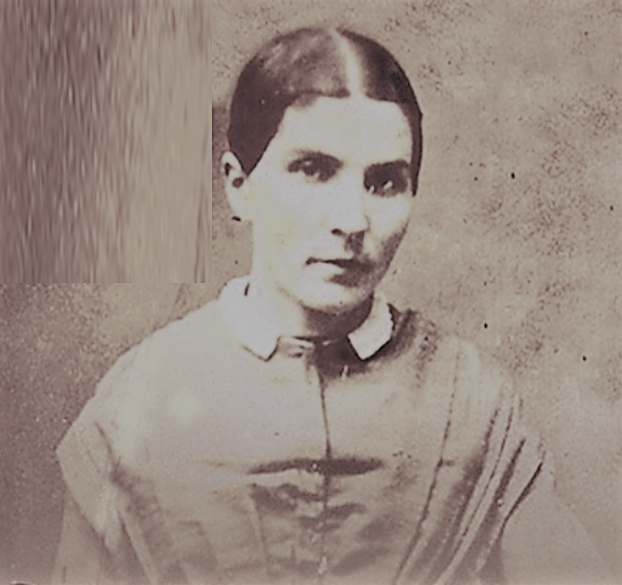|
Akuapem Dialect
Akuapem, also known as Akuapim, Akwapem Twi, and Akwapi, is one of the literary dialects of the Akan language, along with Asante (with which it is collectively known as Twi) and Fante, with which it is mutually intelligible. There are 626,000 speakers of Akuapem, mainly concentrated in Ghana and southeastern Cote D'Ivoire. It is the historical literary and prestige dialect of Akan, having been chosen as the basis of the Akan translation of the Bible. Etymology The name Akuapem is thought to derive from either Akan ''nkoa apem'' ("thousand subjects") or ''akuw-apem'' ("thousand companies"). History Akuapem's orthography was first developed by missionaries at the Gold Coast Basel Mission in 1842, but its written history begins in 1853 with the publication of two grammars, the German ''Elemente des Akwapim Dialects der Odshi Sprache'' and the English ''Grammatical Outline and Vocabulary of the Oji Language with especial reference to the Akwapim Dialect'', both written by H ... [...More Info...] [...Related Items...] OR: [Wikipedia] [Google] [Baidu] |
Ghana
Ghana, officially the Republic of Ghana, is a country in West Africa. It is situated along the Gulf of Guinea and the Atlantic Ocean to the south, and shares borders with Côte d’Ivoire to the west, Burkina Faso to the north, and Togo to the east. Ghana covers an area of , spanning diverse ecologies, from coastal savannas to tropical rainforests. With nearly 35 million inhabitants, Ghana is the second-most populous country in West Africa. The capital and largest city is Accra; other significant cities include Tema, Kumasi, Sunyani, Ho, Cape Coast, Techiman, Tamale, and Sekondi-Takoradi. The earliest kingdoms to emerge in Ghana were Bonoman in the south and the Kingdom of Dagbon in the north, with Bonoman existing in the area during the 11th century. The Asante Empire and other Akan kingdoms in the south emerged over the centuries. Beginning in the 15th century, the Portuguese Empire, followed by other European powers, contested the area for trading r ... [...More Info...] [...Related Items...] OR: [Wikipedia] [Google] [Baidu] |
Gold Coast (British Colony)
The Gold Coast was a British Empire, British Crown colony on the Gulf of Guinea in West Africa from 1821 until its independence in 1957 as Ghana. The term Gold Coast is also often used to describe all of the four separate jurisdictions that were under the administration of the Governor of the Gold Coast. These were the Gold Coast itself, Ashanti (Crown Colony), Ashanti, the Northern Territories of the Gold Coast, Northern Territories protectorate and the British Togoland, British Togoland trust territory. The first European explorers to arrive at the coast were the Portuguese in 1471. They encountered a variety of African kingdoms, some of which controlled substantial deposits of gold in the soil. In 1483, the Portuguese came to the continent for increased trade. They built the Castle of Elmina, the first European settlement on the Gold Coast. From here they acquired slavery, slaves and gold in trade for European goods, such as metal knives, beads, mirrors, rum, and guns. News ... [...More Info...] [...Related Items...] OR: [Wikipedia] [Google] [Baidu] |
Labial Consonant
Labial consonants are consonants in which one or both lips are the active articulator. The two common labial articulations are bilabials, articulated using both lips, and labiodentals, articulated with the lower lip against the upper teeth, both of which are present in English. A third labial articulation is dentolabials, articulated with the upper lip against the lower teeth (the reverse of labiodental), normally only found in pathological speech. Generally precluded are linguolabials, in which the tip of the tongue contacts the posterior side of the upper lip, making them coronals, though sometimes, they behave as labial consonants. The most common distribution between bilabials and labiodentals is the English one, in which the nasal and the stops, , , and , are bilabial and the fricatives, , and , are labiodental. The voiceless bilabial fricative, voiced bilabial fricative, and the bilabial approximant do not exist as the primary realizations of any sounds in E ... [...More Info...] [...Related Items...] OR: [Wikipedia] [Google] [Baidu] |
Kofi Karikari
Kofi Karikari (–) Cameron Duodu"Obituary of Beryl Karikari" ''The Guardian'', 5 March 2007. was the tenth King of the Ashanti Empire, and grandnephew of Kwaku Dua I, whose sudden death in April 1867 sparked internal strife about the succession. Kofi Karikari was chosen by an electoral majority, reigning from 28 May 1867 until his forced abdication on 26 October 1874.T. C. McCaskie, ''State and Society in Pre-Colonial Asante'', Cambridge University Press, 2003, pp. 69–70. Karikari was the son of Afua Kobi. A notable achievement of Karikari was the intentional neglect of the armed forces, a step taken to avoid the escalation of war. A golden trophy head, owned by Karikari can be found at the Wallace Collection in London, acquired by Sir Richard Wallace in May 1874 for £500. Wallace Collection The Wallace Collection is a museum in London occupying Hertford House in Manchester Square, the former townhouse (Great Britain), townhouse of the Seymour family, Marquess of Her ... [...More Info...] [...Related Items...] OR: [Wikipedia] [Google] [Baidu] |
Third Anglo-Ashanti War
The Anglo-Ashanti wars were a series of five conflicts that took place between 1824 and 1900 between the Ashanti Empire—in the Akan interior of the Gold Coast—and the British Empire and its African allies. Despite initial Ashanti victories, the British ultimately prevailed in the conflicts, resulting in the complete annexation of the Ashanti Empire by 1900. Earlier wars The British fought three earlier wars in the Gold Coast: In the Ashanti–Fante War of 1806–07, the British refused to hand over two rebels pursued by the Ashanti, but eventually handed one over (the other escaped). In the Ga–Fante War of 1811, the Ashanti sought to aid their Ga allies in a war against the Fante and their British allies. The Ashanti army won the initial battles but was forced back by guerrilla fighting from the Fante. The Ashanti captured a British fort at Tantamkweri. In the Ashanti–Akim–Akwapim War of 1814–16 the Ashanti defeated the Akim-Akwapim alliance. Local British, D ... [...More Info...] [...Related Items...] OR: [Wikipedia] [Google] [Baidu] |
Garnet Wolseley, 1st Viscount Wolseley
Field Marshal Garnet Joseph Wolseley, 1st Viscount Wolseley (4 June 183325 March 1913) was an Anglo-Irish officer in the British Army. He became one of the most influential British generals after a series of victories in Canada, West Africa and Egypt, followed by a central role in modernizing the British Army in promoting efficiency. Wolseley is considered to be one of the most prominent and decorated war heroes of the British Empire during the era of New Imperialism. He served in Burma, the Crimean War, the Indian Mutiny, China, Canada and widely throughout Africa—including his Ashanti campaign (1873–1874) and the Nile Expedition against Mahdist Sudan in 1884–85. Wolseley served as Commander-in-Chief of the Forces from 1895 to 1900. His reputation for efficiency led to the late 19th century English phrase "everything's all Sir Garnet", meaning, "All is in order." Early life and education Lord Wolseley was born into a prominent Anglo-Irish family in Dublin, the eldest s ... [...More Info...] [...Related Items...] OR: [Wikipedia] [Google] [Baidu] |
Paul Keteku
Paul may refer to: People * Paul (given name), a given name, including a list of people * Paul (surname), a list of people * Paul the Apostle, an apostle who wrote many of the books of the New Testament * Ray Hildebrand, half of the singing duo Paul & Paula * Paul Stookey, one-third of the folk music trio Peter, Paul and Mary * Billy Paul, stage name of American soul singer Paul Williams (1934–2016) * Vinnie Paul, drummer for American Metal band Pantera * Paul Avril, pseudonym of Édouard-Henri Avril (1849–1928), French painter and commercial artist * Paul, pen name under which Walter Scott wrote ''Paul's letters to his Kinsfolk'' in 1816 * Jean Paul, pen name of Johann Paul Friedrich Richter (1763–1825), German Romantic writer Places * Paul, Cornwall, a village in the civil parish of Penzance, United Kingdom *Paul (civil parish), Cornwall, United Kingdom * Paul, Alabama, United States, an unincorporated community *Paul, Idaho, United States, a city *Paul, Nebraska, United ... [...More Info...] [...Related Items...] OR: [Wikipedia] [Google] [Baidu] |
Jonathan Palmer Bekoe
Jonathan may refer to: *Jonathan (name), a masculine given name Media * ''Jonathan'' (1970 film), a German film directed by Hans W. Geißendörfer * ''Jonathan'' (2016 film), a German film directed by Piotr J. Lewandowski * ''Jonathan'' (2018 film), an American film directed by Bill Oliver * ''Jonathan'' (Buffy comic), a 2001 comic book based on the ''Buffy the Vampire Slayer'' television series *Jonathan (TV show), a Welsh-language television show hosted by ex-rugby player Jonathan Davies People and biblical figures Bible * Jonathan (1 Samuel), son of King Saul of Israel and friend of David, in the Books of Samuel * Jonathan (Judges), in the Book of Judges * Jonathan (son of Abiathar), in 2 Samuel and 1 Kings Judaism *Jonathan Apphus, fifth son of Mattathias and leader of the Hasmonean dynasty of Judea from 161 to 143 BCE * Rabbi Jonathan, 2nd century * Jonathan (High Priest), a High Priest of Israel in the 1st century Footballers * Jonathan (footballer, born 1991) * Jonat ... [...More Info...] [...Related Items...] OR: [Wikipedia] [Google] [Baidu] |
Theophilus Opoku
Theophilus Herman Kofi Opoku (1842 – 7 July 1913) was a native Akan people, Akan Linguistics, linguist, Translation, translator, Philology, philologist, Teacher, educator and Christian mission, missionary who became the first indigenous African to be ordained a pastor on Gold Coast (British colony), Gold Coast soil by the Basel Mission in 1872. Opoku worked closely with the German missionary and philologist Johann Gottlieb Christaller as well as fellow native Akan linguists, David Asante, Jonathan Palmer Bekoe, and Paul Staudt Keteku in the translation of the Bible into the Twi, Twi language. Early life and education Theophilus Opoku was born in 1842 at Akropong in Akuapem-Akropong, Akuapem, about 48 km (30 miles) north of Accra. He was the son of Nana Yaw Darko, the linguist of the paramount chief and Nana Akua Korantema. Yaw Darko was a practitioner of the Akan traditional religion and died when Theophilus was young. Opoku's grandfather was the paramount chief of Akro ... [...More Info...] [...Related Items...] OR: [Wikipedia] [Google] [Baidu] |
David Asante
David Asante (23 December 1834 – 13 October 1892) was a philologist, linguist, translator and the first Akan native missionary of the Basel Evangelical Missionary Society. He was the second African to be educated in Europe by the Basel Mission after the Americo-Liberian pastor, George Peter Thompson. Asante worked closely with the German missionary and philologist, Johann Gottlieb Christaller and fellow native linguists, Theophilus Opoku, Jonathan Palmer Bekoe, and Paul Staudt Keteku in the translation of the Bible into the Twi language. Early life and education David Asante was born on 23 December 1834 at Akropong-Akuapem, capital of Akuapem, a state 30 miles (48 km) northeast of Accra. His father was Nana Owusu Akyem of the ruling Asona clan and direct cousin of the then Okuapehene, Nana Adum Tokori. Asante's father was a personal friend of Andreas Riis, the Danish minister and first Basel missionary-survivor on the Gold Coast. David Asante's cousin was his ... [...More Info...] [...Related Items...] OR: [Wikipedia] [Google] [Baidu] |
Johann Gottlieb Christaller
Johann Gottlieb Christaller (19 November 1827 – 16 December 1895) was a German missionary, clergyman, ethnolinguist, translator and philologist who served with the Basel Mission. He was devoted to the study of the Twi language in what was then the Gold Coast, now Ghana. He was instrumental, together with African colleagues, Akan linguists, David Asante, Theophilus Opoku, Jonathan Palmer Bekoe, and Paul Keteku in the translation of the Bible into the Akuapem dialect of Twi. Christaller was also the first editor of the '' Christian Messenger'', the official news publication of the Basel Mission, serving from 1883 to 1895. He is recognised in some circles as the "founder of scientific linguistic research in West Africa". Early life and education Johann Christaller was born in Winnenden, near Stuttgart in the then Kingdom of Württemberg, now in the German state of Baden-Württemberg. His father was a tailor and a subsistence farmer of modest background, who was keen on books ... [...More Info...] [...Related Items...] OR: [Wikipedia] [Google] [Baidu] |
Akyem Dialect
The Akyem Kingdoms (also known as Greater Akyem, Akim, Great Akim, or Akan Grande) were prominent Akan kingdoms in precolonial Ghana, consisting of the three related states of Akyem Abuakwa, Akyem Kotoku, and Akyem Bosome. Located in the forested southeastern Gold Coast, Akyem emerged as a powerful political and military confederacy known for its abundant gold resources and enduring resistance to rival Akan states such as the Akwamu Empire and the Asante Empire. European records dating from the 17th century frequently referred to Akyem as "Great Akim" or "Acchem," and recognized it as a major source of gold and a formidable opponent in regional warfare. History Early migrations and settlement Within the Adansi state, three western military frontier posts developed into the polities now known as Akyem Abuakwa, Akyem Kotoku, and Akyem Bosome. These groups were originally closely related and emerged from the same political and clan framework. The Asona clan, from which ... [...More Info...] [...Related Items...] OR: [Wikipedia] [Google] [Baidu] |




